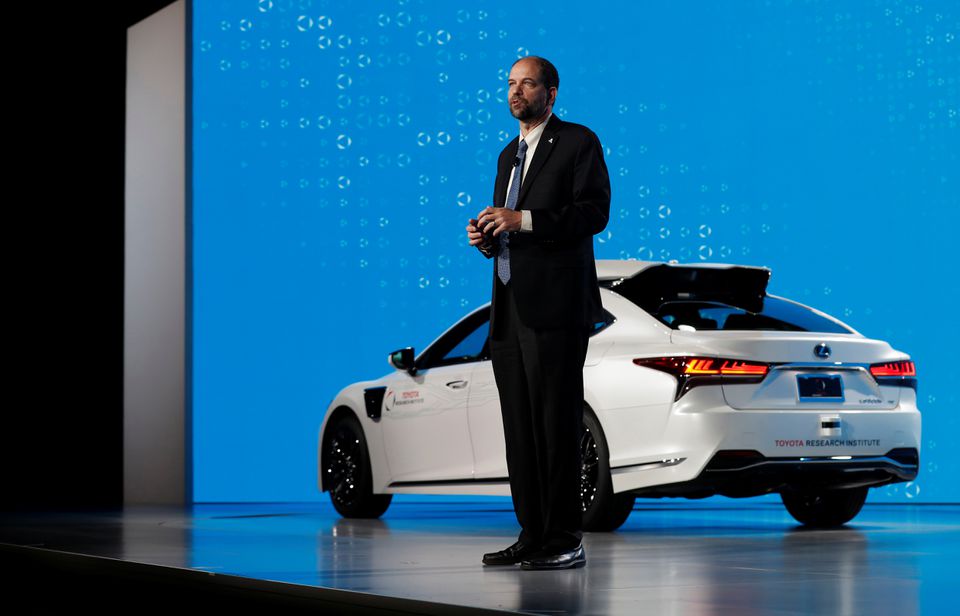Many people are passionate about climate change, but not everybody should drive a battery electric vehicle as a means to combat climate change, Toyota Motor Corp Chief Scientist Gill Pratt said on Thursday at the Reuters Events Automotive Summit.
Pratt's comments, during a discussion on electric vehicles, appeared to amplify remarks made over the past year by Toyota President Akio Toyoda.
Toyoda and other company officials have said that electric vehicles will play a greater role in reducing emissions, but other solutions should be used, Toyota's gasoline-electric hybrid models or hydrogen-powered fuel cell electric vehicles.
At Thursday's conference, Pratt said Toyota believes in "diversity of drivetrains" to give customers different tools to reduce CO2.
"It's not for us to predict which solution is the best or say only this will work," he said.
Government incentives should be aimed at reducing carbon emissions, not picking which car technology is the best way to achieve those goals, Pratt added, in a reference to proposed bans on internal combustion engine (ICE) vehicles, including hybrids, as a means of achieving carbon neutrality.
Toyota was among major automakers that supported the Trump administration in its attempt to bar California from setting its own zero-emission requirements, but the company dropped that support earlier this year.
Toyota has said it plans to invest $13.5 billion through 2030 on EV batteries, but so far its plans to roll out new battery electric vehicles (BEVs) seem relatively modest compared with those of U.S. automakers General Motors Co and Ford Motor Co, which are spending around $30 billion each through 2025 to electrify more of their vehicle lines.
Toyota executives continue to tout the merits of the company's hybrid vehicles, which have been on the market for more than 20 years.

















































